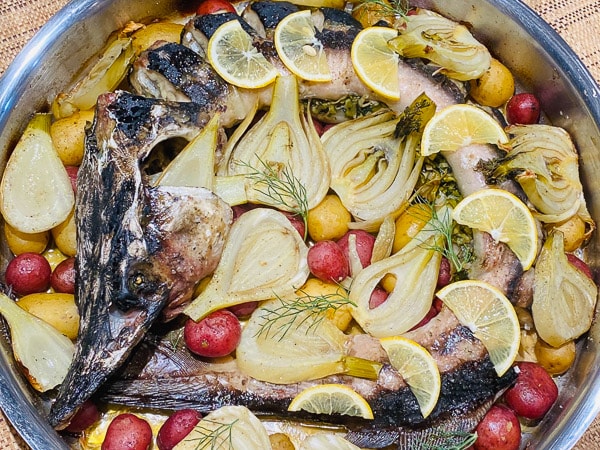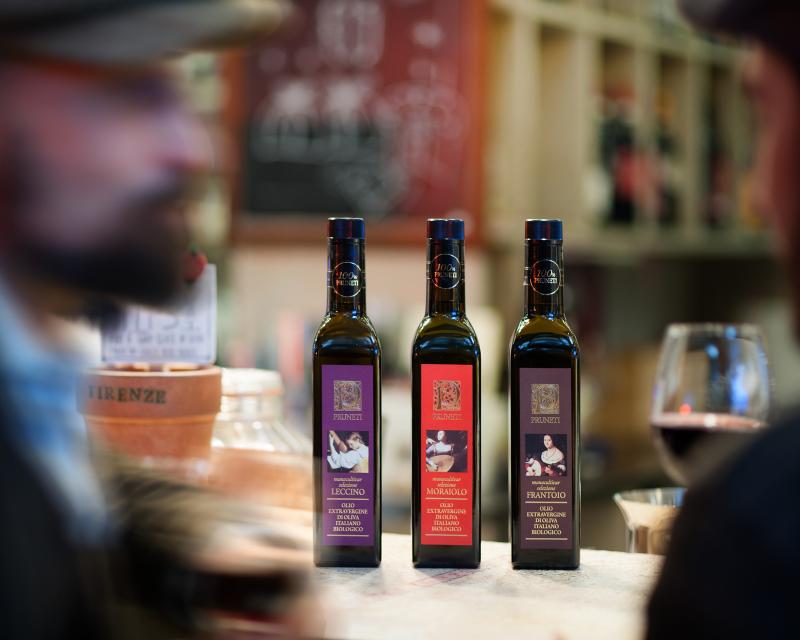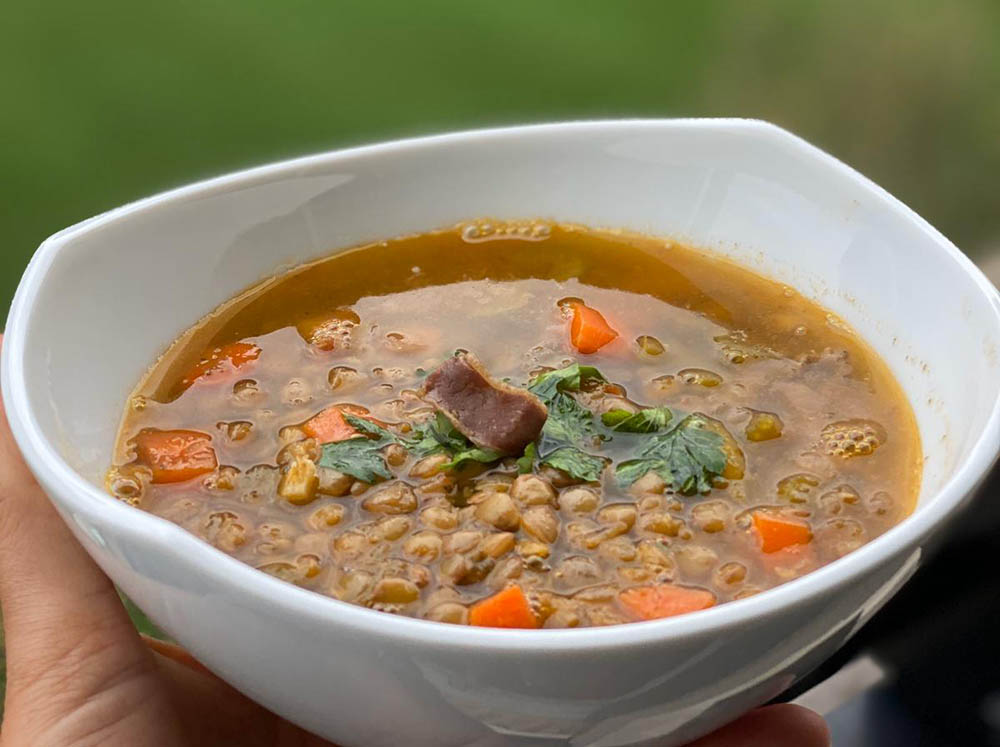The Allure of Foie Gras: A Culinary Delicacy with a Rich History
At the heart of the world's love affair with gourmet food lies foie gras, a delicacy revered for its rich taste, indulgent texture, and centuries-old connection to luxury and opulence. Known for its polarizing nature and often steeped in controversy, foie gras continues to be celebrated by discerning palates, despite modern debates over its production methods. This intricate and luxurious ingredient has graced the tables of monarchs, aristocrats, and those with a taste for the finer things in life, and its story is as rich and complex as its flavor.
Unveiling the Origins of Extravagance

Foie gras' history is an odyssey of human ingenuity, culinary refinement, and ethical quandary. Its tale winds through ancient Egypt, where the practice of gavage—force-feeding geese and ducks—emerged. It was here, perhaps accidentally, that the iconic swollen livers of migratory birds were discovered. Egyptians leveraged the birds' natural inclination to gorge themselves before long flights, eventually perfecting the technique of gavage to enhance the livers' bounty.
In this early era, the unique preparation of foie gras was not just a culinary marvel but a facet of religious belief. The fatty liver was considered a luxury good and was offered to deities in religious ceremonies. This tradition extends back as far as 2500 BC and underscores the deep affection and significance foie gras held even then.
The indulgence spilled over to Rome and Greece, where the delicacy was celebrated in feasts and described by Pliny the Elder. Medieval Europe saw continued reverence for foie gras, with Jewish communities utilizing goose fat as a key dietary feature due to religious dietary laws. But it was during the Renaissance in France that foie gras found its footing as a symbol of lavishness and culinary sophistication.
The Luxurious Quandary: Production Under the Lens
The allure of foie gras is inseparable from the production methods that give it form. Most famously, the gavage technique is employed, where geese and ducks are methodically overfed to engorge their livers. This traditional method garners heated ethical debates, with some vehemently opposing what they see as animal cruelty.
The gavage process is a point of contention that has sparked a global conversation on the intersection of culinary artistry, animal welfare, and luxury consumption. Modern ethical sensibilities prod the culinary world to seek alternative and sustainable production methods, opening avenues for discussions on free-range alternatives, ethical farming, and even plant-based foie gras.
Culinary Curation: Beyond the Debate
Setting aside the ethical maelstrom that surrounds foie gras, focusing on its culinary merits paints a portrait of one of the most decadent and versatile ingredients known to gourmet cuisine. Its velvety and unctuous texture, combined with a subtly sweet and nutty flavor, transforms dishes into sensory experiences.
In the realm of fine dining, foie gras stands as a hallmark of culinary excellence, adorning the menus of Michelin-starred restaurants and the palates of those who live for gastronomic adventure. From the classical pairing with Sauternes—a luscious and complex dessert wine—to contemporary fusion recipes that push the boundaries of flavor, foie gras continually evolves as an artistic centerpiece of haute cuisine.
Crafting the Quintessence of Flavor
Serving foie gras ventures beyond a mere taste of luxury; it is an entire experience carefully curated to harmonize the senses. The culinary world toys with this fabled ingredient in myriad ways, from minimalist presentations that allow its essence to shine, to complex creations that tell a story with every bite.
Imagine seared foie gras atop a bed of tangy rhubarb compote, or delicate torchon slices accompanied by a glass of effervescent Champagne. These are not just meals but moments, encapsulating the millennia-spanning allure of foie gras and the stories it carries from the annals of human taste.
The Ethical Epiphany and the Future of Gourmet
Foie gras endures as one of the most contentious conundrums in the culinary world. The path ahead involves reconciling the deep-rooted traditions of gourmet cooking with the pressing need for ethical and sustainable practice. It's a challenge that invites chefs and food enthusiasts to innovate without losing the essence of foie gras.
The future of this culinary titan lies in the collective ingenuity of the food industry. By integrating modern insights on animal welfare with the timeless craft of gastronomy, a new era of foie gras can emerge—one that preserves its connection to the past while redefining its role in the present and future.
In the end, foie gras remains more than an ingredient; it's a cultural touchstone, a canvas for the art of culinary expression, and a catalyst for conversations that transcend the table. Whether lauded for its unrivaled delicacy or denounced for its contentious production, foie gras stays rooted in its allure—a delectable paradox that continues to captivate and challenge our ideas about food, luxury, and the stories we choose to savor.
Experience the unparalleled luxury and taste of Marky's Foie Gras for yourself. Amidst the ongoing conversations about tradition, taste, and ethics, Markys stands out by offering ethically sourced and exquisitely prepared foie gras. This is your opportunity to indulge in a dish that has captivated taste buds for centuries, now prepared with modern sensibilities at heart. Whether you're a seasoned gourmand or a curious food enthusiast looking to explore the depths of culinary artistry, Markys promises an experience that transcends the ordinary. Dive into the world of gourmet indulgence and savor the rich, complex flavors that only our premium foie gras can provide. Discover the story, and savor the luxury.






